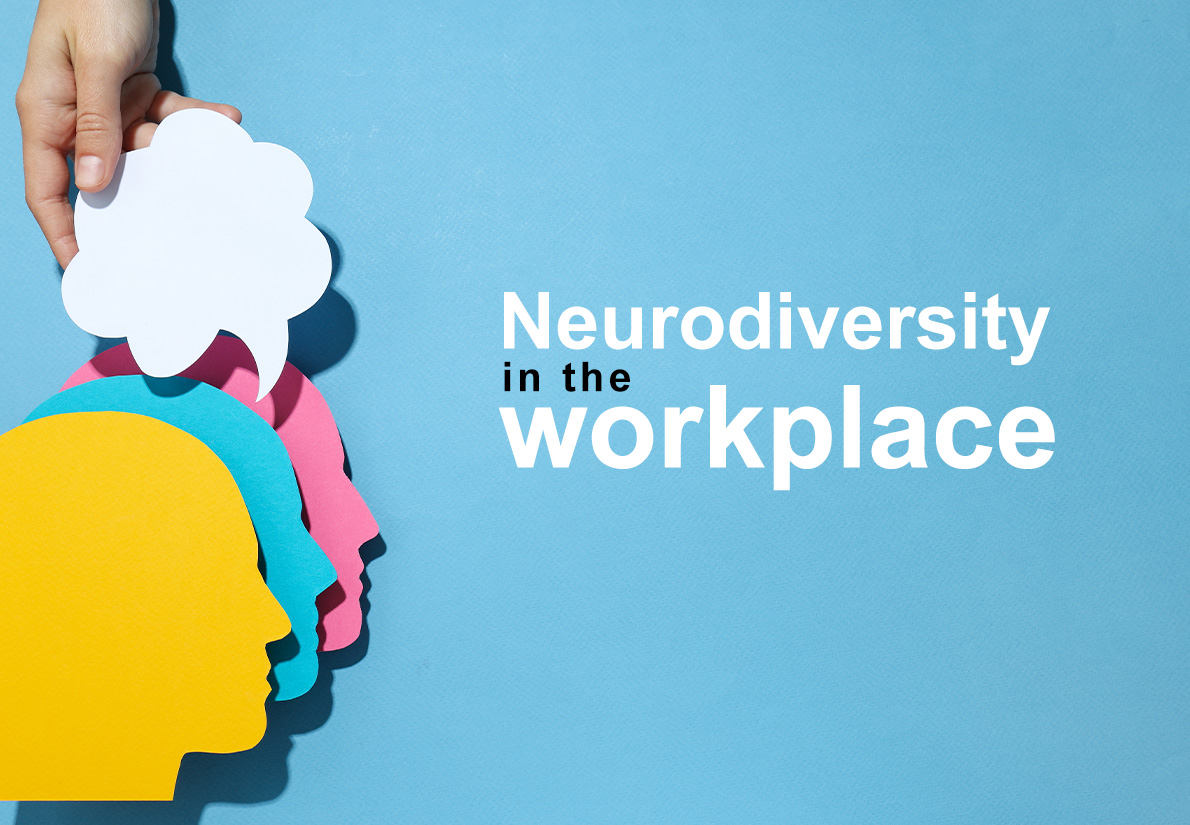Change and Grief – two unlikely bedfellows

How prior engagement is essential to successful change management.
In our last blog, we raised the importance of establishing a consistent change management model. Today, let’s take a closer look at the psychology of change – how people unconsciously respond to it. We’ll also highlight the critical importance of having your employees ‘onside’ in the first place.
Have you heard of the grief curve? It’s a way of explaining the journey that the mind often takes at times of bereavement. It looks like this:
I’m sure you’ll agree – it’s pretty straightforward. But, intriguingly this model can also apply to employees, as they react to workplace change. Think about it. The similarity is hardly surprising. Your staff are often like families. Relationships, routines, roles, surroundings – over the years, all these become familiar. They are a part of us. We take them for granted. Suddenly, out of the blue, they’re confronted with dramatic change. A family member dies – a colleague is made redundant. Of course, the degree of upset is incomparable. But it’s clear – there’s a stark parallel in the way in which the mind copes.
Let’s look at each stage. Let’s examine how, with employees properly and effectively engaged before you announce the change, the negative effects of change can be mitigated.
1. Shock and denial
This stage can be short-lived but dramatic, often manifested in a sharp slow-down in productivity. The feelings of shock might be due to –
– fear of the unknown
– fear of looking stupid
– lack of information
Then comes denial. Your employees look to the recent past. ‘We were doing OK before. Everything was working fine. Why change now?’ They were comfortable with the status quo. This change seems like a threat. What if they can’t cope with the new processes being imposed from above? Sometimes your employees will convince themselves that it’s all talk – the changes will never happen.
2. Anger and depression
Employees will look for a scapegoat – the manager or director responsible for the change is the obvious target. You’ll hear comments like, ‘He’s just trying to make his mark’, or ‘This is just to impress the shareholders’. They feel frustrated, sceptical and suspicious.
In time, the anger turns to feelings of negativity, as the realisation sinks in that these changes are for real. Morale plummets to new depths, while anxiety and self-doubt reach a peak. At this stage, performance will be at its lowest. Employees may obsess about minor issues, that were never a problem before. They will try and carry on with previous work practices, even if they are no longer appropriate.
This behaviour may be re-enforced by the knowledge that colleagues share their negative feelings.
3. Acceptance and Integration
As your employees come to realise that the changes really are on their way, they usually (but not always) slowly come round to acceptance. They start to co-operate – maybe reluctantly at first. They may even start to open up to the opportunities that the changes will bring.
Finally comes integration. With the changes now in place and working to the benefit of all, your employees start engaging with and trusting in the process. Productivity picks up again, as does morale. You’ll even find employees expressing curiosity about the changes, keen to give their own input.
So – that’s the Change ‘curve’. Even though, there’s often a happy ending, the journey can be traumatic, something of a roller-coaster, with the G-force of each jolt or sharp bend causing pain and discomfort to all involved. What your business, and the people who work in it, need, is not so much a roller-coaster ride, but more of a gentle open-top bus ride, through gently undulating countryside, with lovely views. How do you achieve this idyllic scenario?
The answer is simple – engagement. Not ‘engagement’ as a single, early step in the change process. It’s not enough to announce to your people, ‘OK – everyone. We’re going to introduce some big changes next week. But, first of all, we’re going to engage with you, so you’re all on board.’ The engagement we’re talking about here is an aspect of your company culture that you need to permanently ingrain.
- Inform your people
- Value them
- Trust them
- Communicate with them
- Consult with them
With this approach, they will not only be happy to accept change as something necessary and healthy, but they will also come to embrace it and encourage it.
Find out more about the role of employee engagement and retention.
Motivate your people to be the best they can be.
Call us for straight-talking HR advice – 01604 763494
Or email – info@GravitasHR.co.uk















